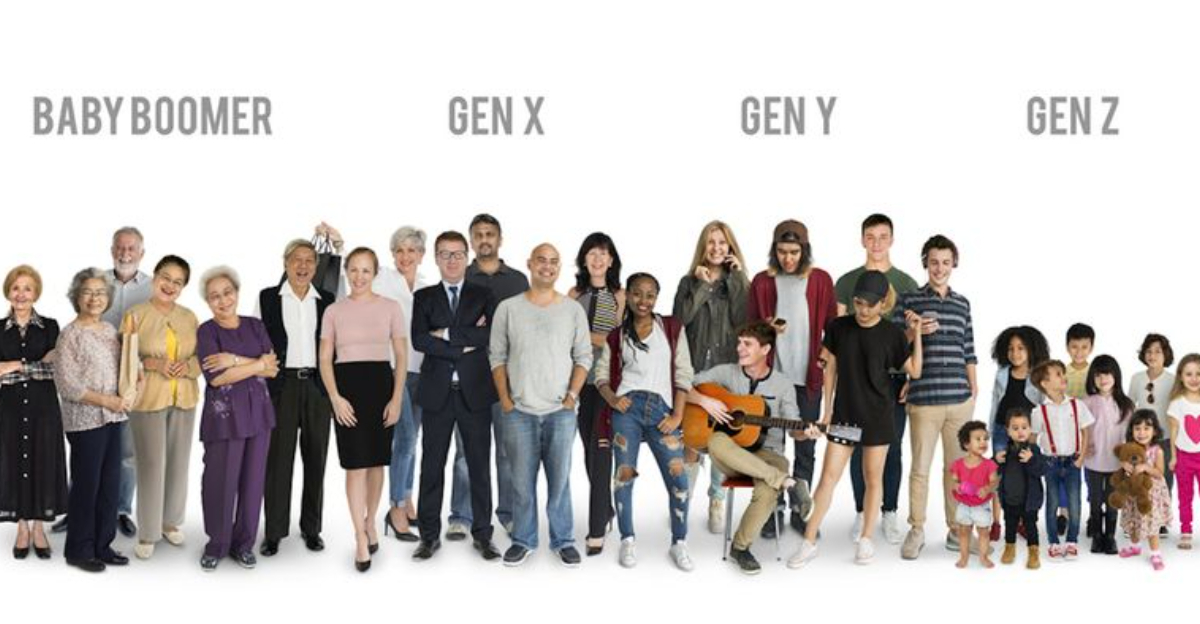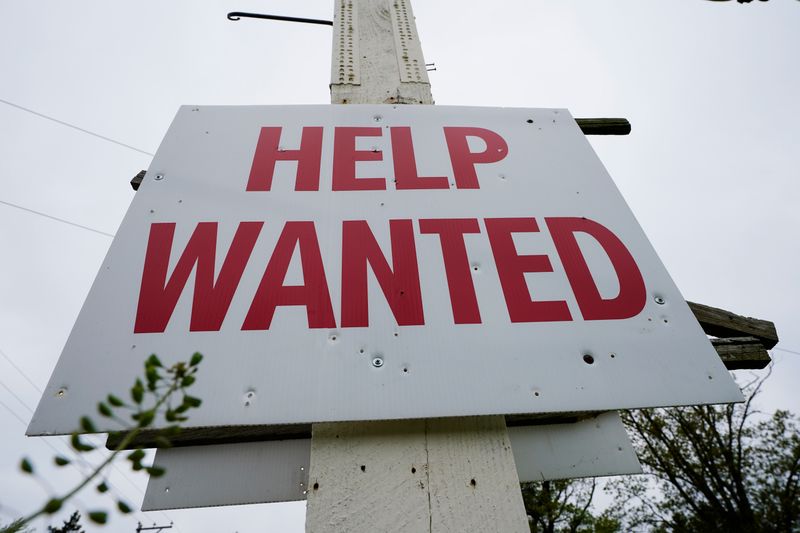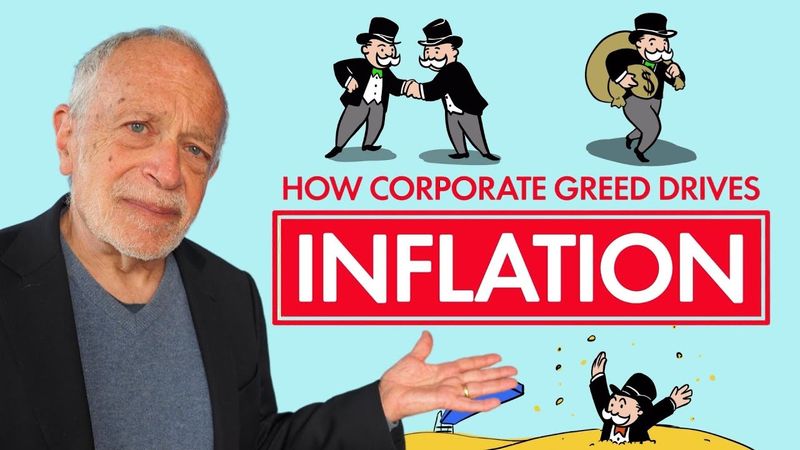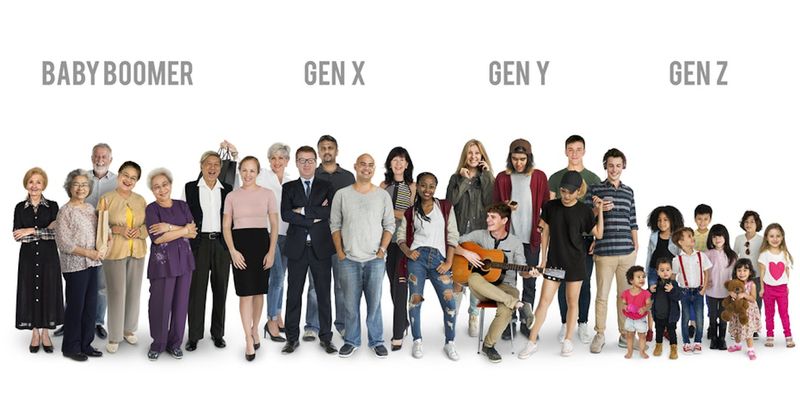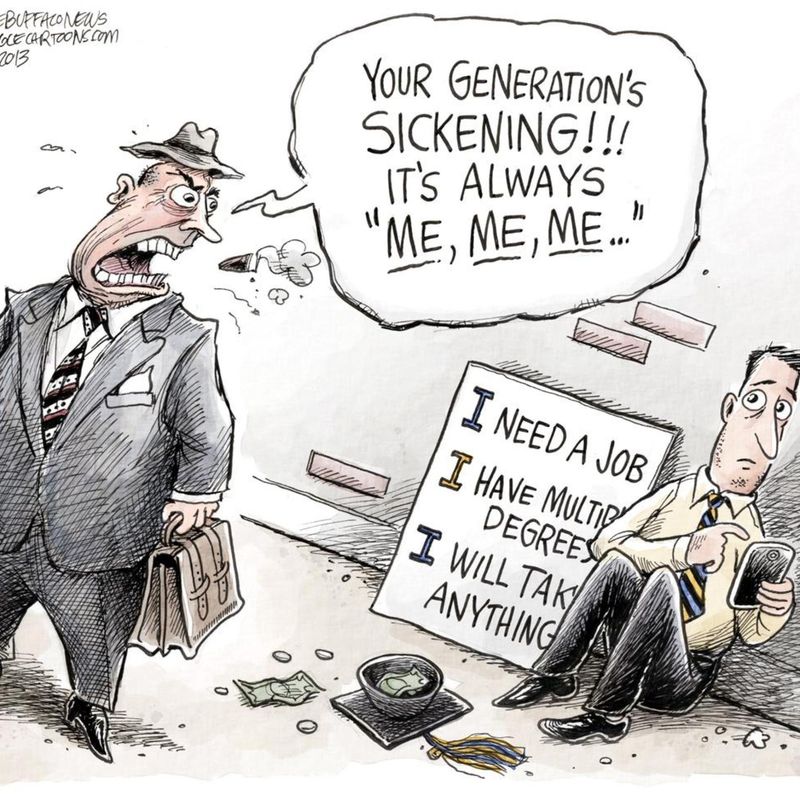In recent years, a significant generational divide has emerged, with younger generations increasingly attributing numerous societal challenges to the actions and decisions of the baby boomer generation.
This blog post explores 19 specific areas where boomers are often unfairly blamed, highlighting the complexity of these issues and considering the broader factors at play.
1. Housing Market Havoc
Younger generations often point fingers at boomers for spiraling home prices and market saturation. They argue that boomers buying multiple properties have pushed prices skyward. However, it’s crucial to recognize that factors like restrictive zoning laws and global economic trends have also played substantial roles in the housing crisis.
Furthermore, the rise in remote work and urban migration have contributed to shifts in demand. While it’s easy to blame one generation, the reality is a multifaceted issue. Boomers are also experiencing challenges as they downsize and face rising costs themselves.
2. Climate Crisis Culprits
Many young critics hold boomers accountable for today’s environmental issues, citing their consumption patterns and political support for fossil fuels. Although these influences are significant, the climate crisis is also driven by industrial growth and technological advances. Boomers have indeed contributed to high carbon footprints, but efforts to combat climate change require collective action across all ages.
Some boomers actively support green initiatives, demonstrating that responsibility doesn’t lie solely with them. Addressing climate change involves tackling complex, global challenges requiring cooperation and innovation from every generation.
3. Job Market Lockdown
The accusation that boomers block younger workers from advancement stems from their leadership dominance. Critics argue that established hierarchies stifle innovation and limit opportunities for career growth among younger employees. Nevertheless, the job market’s transformation is influenced by automation and globalization, factors outside boomers’ control.
As industries evolve, skill sets must adapt, fostering a more dynamic workforce. Encouraging mentorship and cross-generational collaboration can bridge gaps. While some inertia exists in management practices, numerous boomers champion inclusivity and development, working to empower new talent.
4. Student Debt Disaster
Boomers are often targeted for today’s student debt crisis, accused of allowing tuition fees to skyrocket. They face blame for outdated policies perpetuating financial burdens on students. Yet, numerous economic and political factors have influenced rising education costs over decades.
The shift towards expensive private education and reduced public funding are significant contributors. Addressing this issue requires systemic reform, not merely finger-pointing. Many boomers actively seek solutions to ease the financial strain on younger generations, advocating for affordable education and debt relief measures.
5. Social Security Squeeze
Younger workers often worry about the sustainability of Social Security, pointing to boomers as the cause of the strain. Concerns arise from the large number of retirees drawing from the system. However, demographic shifts and economic changes also play crucial roles in the program’s challenges.
The aging population and longer life expectancies are significant pressures. Ensuring a stable retirement safety net requires comprehensive policy reform and careful financial management. Many boomers are aware of these pressures and support changes to preserve Social Security for future generations.
6. Wealth Inequality Woes
Boomer policies are often cited as exacerbators of economic disparity, creating a financial landscape fraught with inequality. Critics argue that tax policies and deregulation have favored the wealthy, widening the gap. Nevertheless, wealth inequality results from complex, global economic trends beyond a single generation’s influence.
Globalization, technological advances, and market dynamics all play substantial roles. Addressing financial disparity involves rethinking economic policies and fostering equitable growth. Many boomers advocate for fairer economic practices and recognize the necessity for systemic change to achieve financial equality.
7. Political Polarization
Boomers are often accused of creating a politically polarized climate, with outdated ideologies fostering division. Critics claim that their influence perpetuates gridlock and extremism. However, political polarization is driven by multiple factors, including media dynamics and socioeconomic challenges.
Modern politics reflect the complexities of a diverse society grappling with rapid change. Building bridges requires dialogue and empathy across generational divides. Many boomers seek to find common ground and work towards unity, recognizing the importance of collaborative governance in addressing contemporary issues.
8. Corporate Greed Endorsement
Critics argue that boomers endorsed deregulation and corporate bailouts, prioritizing profits over people and contributing to economic woes. This perspective suggests that boomer-led policies favored big business at the expense of the public. Nonetheless, the roots of corporate greed are deep and multifaceted, involving global economic shifts and technological advancements.
Addressing these challenges requires comprehensive policy reform and accountability. Many boomers acknowledge the need for ethical corporate practices and advocate for sustainable economic models prioritizing social responsibility and community well-being.
9. Overblown Consumerism
The relentless culture of consumerism is often attributed to boomers, with younger generations pointing to their lifestyle as a root cause of environmental degradation. However, consumer trends are evolving, with modern advertising and digital marketing influencing behaviors across all age groups. The environmental impact of consumption is a shared responsibility, demanding sustainable practices and mindful choices.
Many boomers embrace minimalism and eco-friendly lifestyles, supporting initiatives that promote conservation and resource management. Reducing consumption’s environmental footprint requires collaboration and innovation, fostering a culture of sustainability across generations.
10. Resistance to Technological Change
Boomers are sometimes blamed for hindering digital transformation, as younger generations view them as resistant to technological change. This stereotype overlooks the challenges that rapid tech advances pose to everyone. Embracing innovation requires adaptation and learning, skills that transcend age boundaries.
Many boomers actively engage with new technologies, contributing to digital literacy and transformation. Bridging the digital divide involves fostering inclusive access and education, ensuring that all generations benefit from technological progress. Collaboration and understanding can enhance the integration of technology into daily life, enriching experiences for everyone.
11. Healthcare System Failures
The broken healthcare system is frequently pinned on boomer-era policies, with younger critics blaming them for current inefficiencies. However, healthcare challenges are complex, influenced by rising costs, technological advancements, and demographic shifts. Reforming healthcare requires addressing systemic issues such as affordability, accessibility, and quality care.
Many boomers advocate for comprehensive healthcare improvements, supporting initiatives that emphasize prevention and innovation. Achieving a robust healthcare system demands collaboration across all generations, balancing the needs and resources to provide equitable care. The journey towards healing the system involves shared responsibility and commitment.
12. Erosion of Community Values
Blame for declining community cohesion often falls on boomers, accused of neglecting neighborhood values. However, societal norms and urbanization have significantly influenced this perceived erosion. The digital age has transformed interactions, shifting the focus from local to global connections. Revitalizing community spirit involves fostering engagement and collaboration across generations.
Many boomers work to strengthen community ties, promoting activities that encourage interaction and shared experiences. Building vibrant communities requires embracing diversity and inclusivity, creating environments where all generations can thrive together. The challenge lies in balancing tradition with modernity, nurturing a sense of belonging.
13. Cultural Gatekeeping
Some argue that boomers resist cultural shifts toward inclusivity, casting them as obstacles to progress. This perspective highlights generational tensions in adapting to evolving societal norms. However, cultural transformation is an ongoing process influenced by various social, political, and economic factors. Embracing change involves recognizing the contributions of all generations and fostering dialogue.
Many boomers actively support inclusive movements, advocating for equality and celebrating diversity. Encouraging cultural exchange and collaboration can bridge gaps, fostering an environment where creativity and innovation flourish. The journey towards inclusivity requires openness and understanding from all sides.
14. Education System Neglect
Critics blame boomers for a faltering education system, arguing that their priorities led to underfunded schools. This issue is complex, rooted in long-standing political and economic trends. Ensuring quality education for future generations involves addressing funding disparities and promoting equitable access.
Many boomers advocate for educational reform, supporting initiatives that emphasize innovation and inclusivity. Strengthening the education system requires collaboration and investment from all stakeholders, fostering an environment where students can thrive. The path to educational excellence involves shared commitment and vision, bridging generational divides to build a brighter future.
15. Environmental Negligence Beyond Climate
Beyond climate change, boomers are often blamed for general environmental degradation. Critics point to their era’s industrial growth and disregard for ecological impacts. Nevertheless, industrialization and modernization have played significant roles in environmental challenges. Addressing these issues requires comprehensive strategies for conservation and sustainability.
Many boomers actively participate in environmental initiatives, advocating for policies that protect natural resources and promote ecological balance. Tackling environmental degradation demands cooperation and innovation, uniting all generations to preserve the planet for future generations. The journey towards sustainability involves embracing responsibility and fostering stewardship.
16. Urban Planning Missteps
Boomer-era policies favoring suburban sprawl are often blamed for today’s infrastructure woes, with critics pointing to traffic congestion and inefficient urban planning. However, evolving urban dynamics and demographic shifts contribute to these challenges. Improving urban environments requires innovative approaches to transportation and infrastructure development.
Many boomers support smart growth initiatives, advocating for sustainable urban planning that prioritizes accessibility and efficiency. Transforming cities into vibrant, livable spaces demands collaboration across generations, balancing historical legacies with future needs. The path to urban renewal involves embracing change and fostering resilient communities.
17. Digital Divide Dilemmas
Boomers are sometimes criticized for not embracing digital innovation, contributing to a perceived digital divide. However, the rapid pace of technological change challenges all generations. Bridging this divide involves fostering digital literacy and ensuring access to technology for everyone.
Many boomers actively engage with new technologies, participating in digital learning and innovation. Addressing the digital divide requires collaboration and investment in infrastructure, promoting equitable access to information and resources. The journey towards digital inclusion involves empowering all generations to navigate the digital landscape, enhancing opportunities for growth and connection.
18. Retired Industries, Lingering Problems
Some younger voices claim that boomer-led decisions led to the decline of key industries, burdening modern workers with outdated infrastructure. However, industrial evolution and technological advancements have reshaped economies globally. Revitalizing industries involves embracing innovation and fostering adaptability, ensuring that businesses remain competitive.
Many boomers support initiatives for industrial renewal, advocating for sustainable practices and technological integration. The path to economic resilience involves collaboration across generations, leveraging diverse experiences and insights. Transforming industries requires forward-thinking strategies and investment, creating opportunities for growth and development in a rapidly changing landscape.
19. Public Service Underinvestment
Boomers often face blame for underfunded public services, from transportation to education. Critics argue that their policies prioritized short-term gains over long-term investment. However, fiscal constraints and political battles have impacted public funding decisions across all generations. Strengthening public services requires thoughtful planning and strategic investment, balancing immediate needs with future growth.
Many boomers advocate for robust public infrastructure, recognizing its importance in fostering community well-being and economic prosperity. Addressing underinvestment demands collaboration and vision, ensuring that public services meet the evolving needs of society. The journey towards sustainable development involves shared responsibility and commitment.
